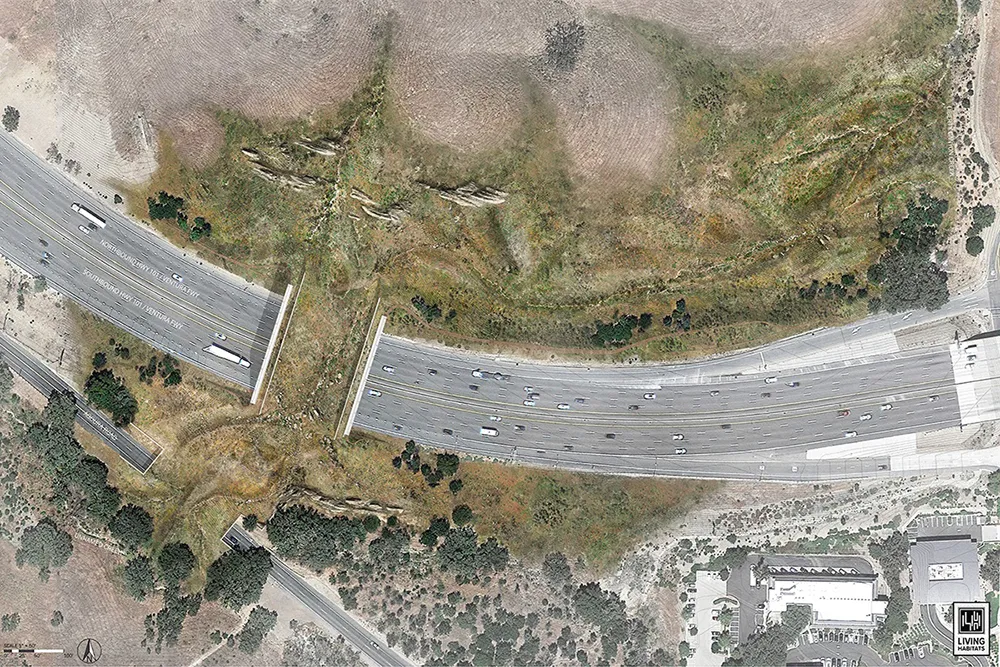After two years of planning, all-electronic tolling will begin on San Francisco’s Golden Gate Bridge on 27 March. In 2011, when the bridge district was facing a five-year shortfall of US$89 million, the Highway and Transportation District approved a plan to pursue all-electronic tolling as a cost-saving measure. The district will trim its expenses by US$16 million over the next decade as a result of the new system. According to bridge district spokeswoman Mary Currie, the bridge will be the first in Califo
March 11, 2013
Read time: 2 mins

After two years of planning, all-electronic tolling will begin on San Francisco’s Golden Gate Bridge on 27 March.
In 2011, when the bridge district was facing a five-year shortfall of US$89 million, the Highway and Transportation District approved a plan to pursue all-electronic tolling as a cost-saving measure. The district will trim its expenses by US$16 million over the next decade as a result of the new system. According to bridge district spokeswoman Mary Currie, the bridge will be the first in California and the third in the country to feature a cashless toll plaza.
Motorists passing through the new system on the Golden Gate Bridge will have several payment options, including using their FasTrak transponders, which is already the most popular method for those going through the toll plaza.
Vehicles without FasTrak devices will have their licence plates photographed by security cameras. A bill would subsequently be sent to the address registered to the plate. Motorists will have three weeks to pay; late or missed payments will result in a fine. The district is in the process of setting up kiosks around the Bay Area where motorists can make one-time payments to travel across the bridge.
The district is to hold a public hearing on new speed limits at the toll plaza. Currently, there is an 8 km/h limit at the plaza, but bridges around the Bay Area have limits of 40 km/h in their FasTrak-only lanes.
With the debut of the new system, all payment forms will be accepted in every lane; the1855 California Highway Patrol will enforce compliance.
In 2011, when the bridge district was facing a five-year shortfall of US$89 million, the Highway and Transportation District approved a plan to pursue all-electronic tolling as a cost-saving measure. The district will trim its expenses by US$16 million over the next decade as a result of the new system. According to bridge district spokeswoman Mary Currie, the bridge will be the first in California and the third in the country to feature a cashless toll plaza.
Motorists passing through the new system on the Golden Gate Bridge will have several payment options, including using their FasTrak transponders, which is already the most popular method for those going through the toll plaza.
Vehicles without FasTrak devices will have their licence plates photographed by security cameras. A bill would subsequently be sent to the address registered to the plate. Motorists will have three weeks to pay; late or missed payments will result in a fine. The district is in the process of setting up kiosks around the Bay Area where motorists can make one-time payments to travel across the bridge.
The district is to hold a public hearing on new speed limits at the toll plaza. Currently, there is an 8 km/h limit at the plaza, but bridges around the Bay Area have limits of 40 km/h in their FasTrak-only lanes.
With the debut of the new system, all payment forms will be accepted in every lane; the









